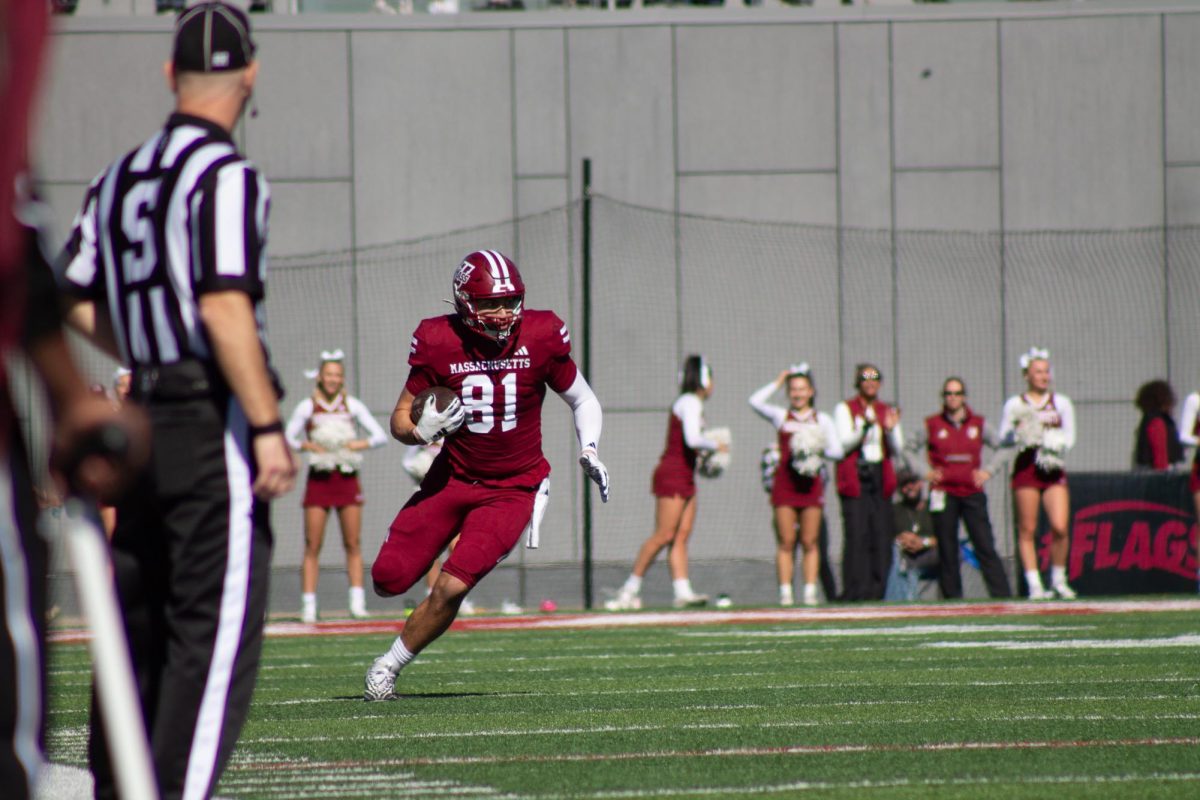JAKARTA, Indonesia (AP) – Iran’s president on Wednesday dismissed Western concerns over its nuclear program as “a big lie,” a day after key U.N. Security Council members agreed to present Tehran with a choice of incentives or sanctions in deciding whether to suspend uranium enrichment.
Meanwhile, in a letter to Time magazine published on its Web site, a representative of Supreme Leader Ayatollah Ali Khamenei offered new options for solving the impasse with the United States and its allies.
Hassan Rohani, Iran’s former top nuclear negotiator, said Tehran would consider ratifying an International Atomic Energy Agency protocol that provides for intrusive and snap inspections and would also address the question of preventing a pullout from the Nuclear Nonproliferation Treaty.
Sean McCormack, the State Department spokesman, says of the Time magazine letter, “We’ve seen it. … I think there really isn’t anything new in it.” He said the letter does not deal at all with enrichment.
The current Iranian negotiator, Ali Larijani, said Tuesday that Tehran had no intention of withdrawing from the treaty and promised to cooperate if the U.N. atomic watchdog agency, rather than the Security Council, dealt with the issue of its nuclear program.
Iran ended all voluntary cooperation with the IAEA in February, including allowing snap inspections of its nuclear facilities. Iranian President Mahmoud Ahmadinejad told reporters Wednesday in Indonesia’s capital that Iran will “absolutely not back out” of defending its right to pursue new technology, accusing the United States and other Western nations of monopolizing the nuclear technology market to secure profits while engaging in non-peaceful proliferation.
“They pretend that they are concerned about the nature of the nuclear program of the Islamic republic of Iran,” he said after meeting with Indonesian President Susilo Bambang Yudhoyono. “This is a big lie.”
“Today the people of Iran are not just defending their own rights, but also those of other nations,” he said. “They [the United States and other Western powers] want to prevent other countries from reaching the pinnacle of science and technology.”
At a meeting Tuesday, representatives of the United States, Russia, China, Britain and France as well as Germany agreed to tell Iran the possible consequences of its refusal to halt its enrichment program and the benefits if it abandons it.
The move will delay a U.S.-backed draft U.N. resolution that could lead to sanctions and possible military action if Iran does not suspend uranium enrichment.
U.S. Secretary of State Condoleezza Rice said Wednesday she and her counterparts on the U.N. Security Council agreed to give Iran another two weeks to reconsider its position.
“We agreed to continue to seek a Security Council resolution but that we would wait for a couple of weeks while the Europeans design an offer to the Iranians that would make clear they have a choice that would allow them to have a civil nuclear program, if that is indeed what they want,” Rice said on U.S. TV network ABC’s “Good Morning America.”






